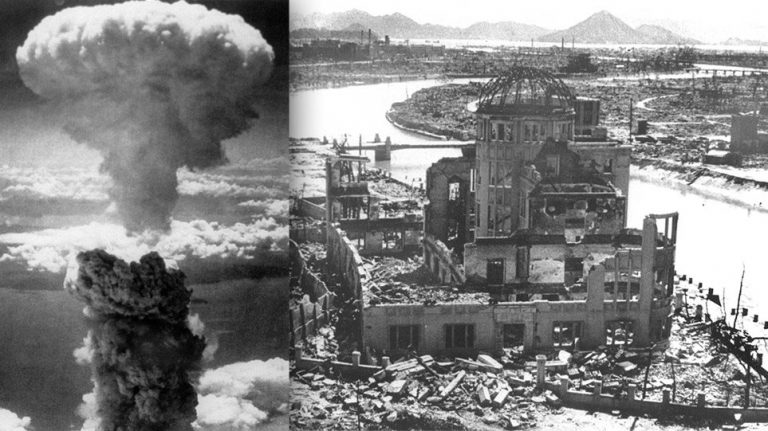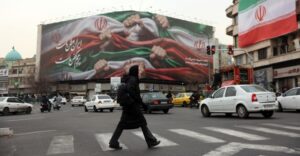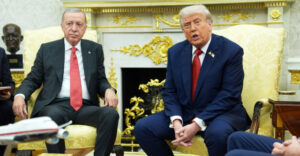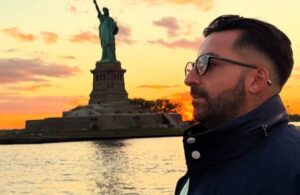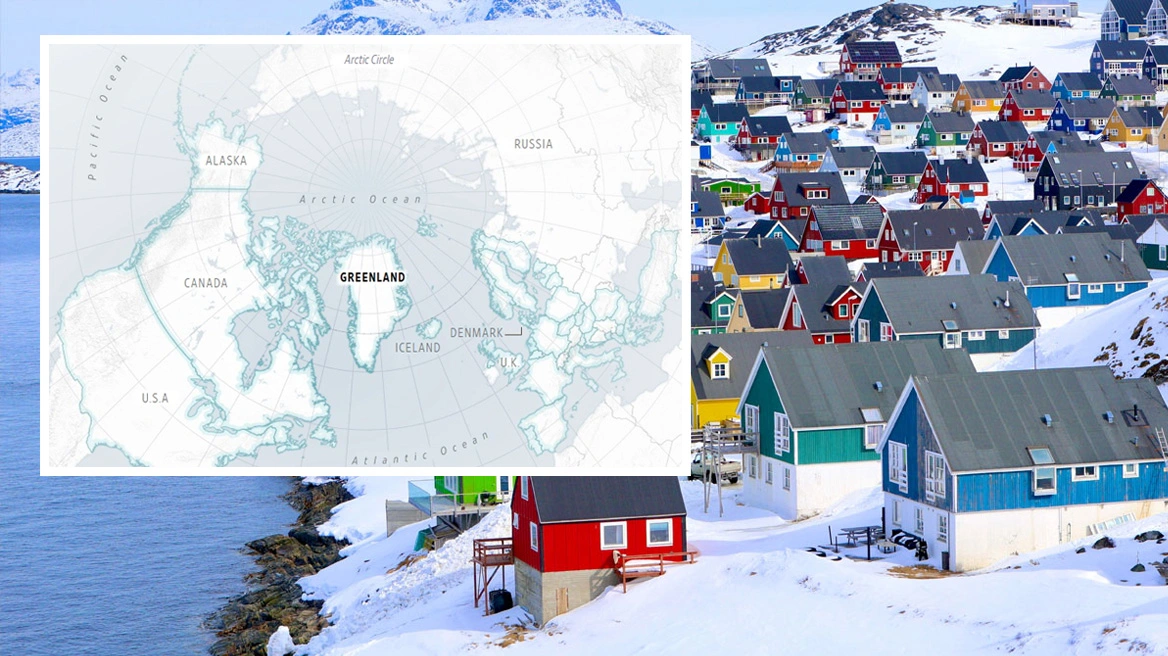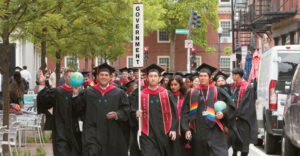On 6 August 1945, a US bomber dropped the uranium bomb above the city, killing around 140,000 people.
Three days later a second nuclear weapon was dropped on Nagasaki. Two weeks later Japan surrendered, ending World War Two.
Early on Thursday, Japan’s Prime Minister Shinzo Abe and the mayor of Hiroshima joined bomb survivors and descendants in the city’s Peace Park.
But memorial events were scaled back this year because of the pandemic.
The park is usually packed with thousands of people for the anniversary, But attendance was significantly reduced this year, with chairs spaced apart and most attendees wearing masks.
A moment’s silence was held at 08:15, the exact time the bomb was dropped on the city.
“On August 6, 1945, a single atomic bomb destroyed our city. Rumour at the time had it that ‘nothing will grow here for 75 years,'” Mayor Kazumi Matsui said.
Popular Rembetika singer Agathonas dies at 65
Islamic Muezzin dies of heart attack in Hagia Sophia
“And yet, Hiroshima recovered, becoming a symbol of peace.”
In a video message, UN Secretary General Antonio Guterres called on all nations to renew efforts to abolish such weapons.
“Division, distrust and a lack of dialogue threaten to return the world to unrestrained strategic nuclear competition,” he said.
“The only way to totally eliminate nuclear risk is to totally eliminate nuclear weapons”.
Read more: BBC
Ask me anything
Explore related questions
